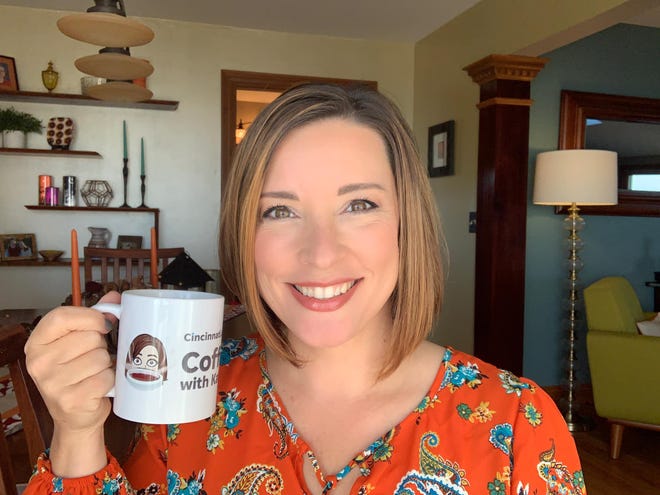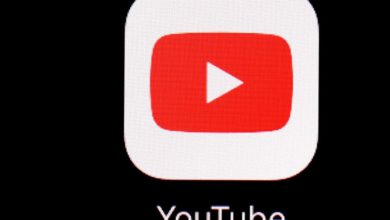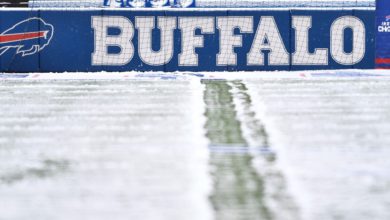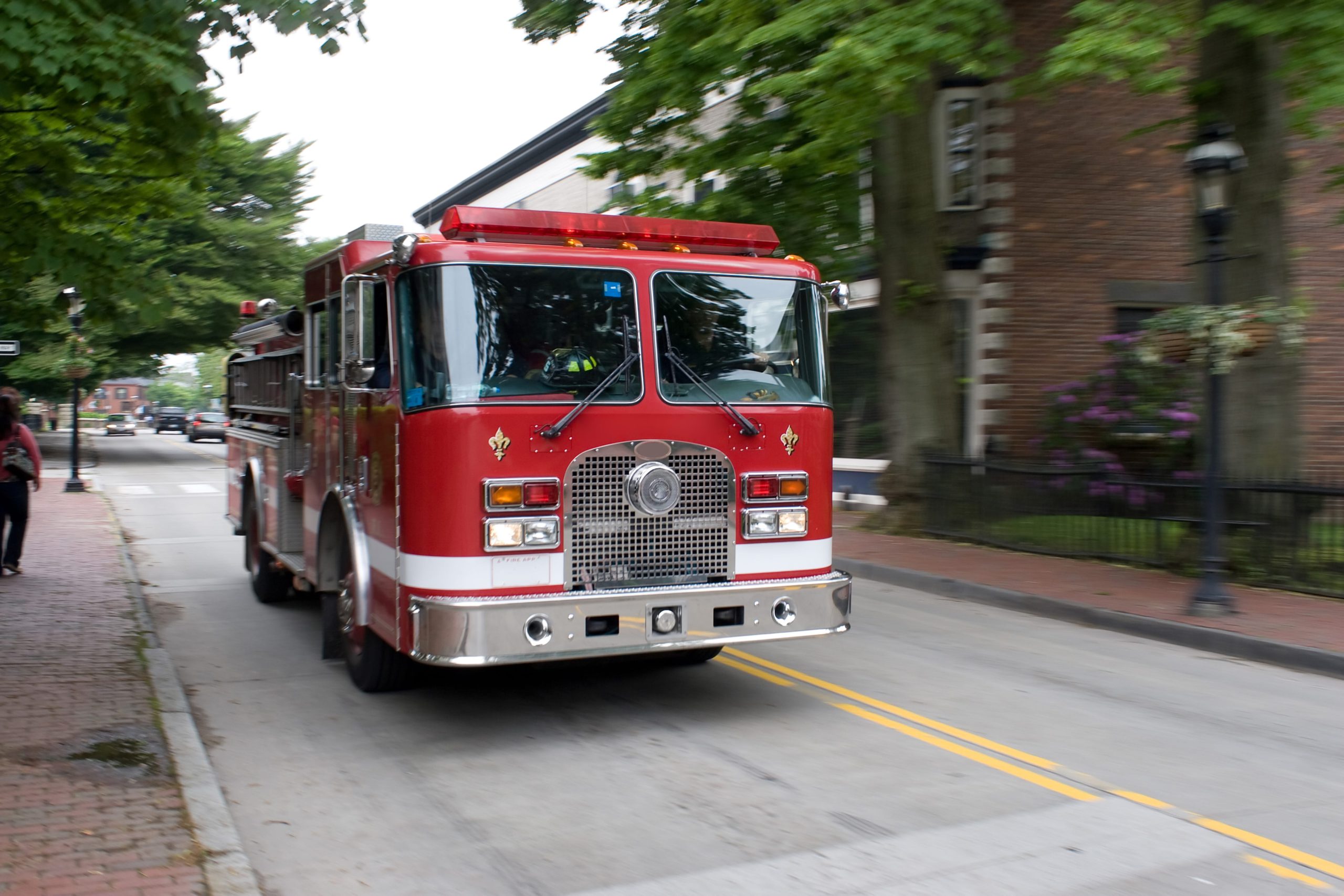More than two years after the COVID-19 pandemic started spreading rapidly across the U.S., another health crisis emerged: monkeypox. President Joe Biden's administration declared the virus a public health emergency earlier this month, and a day later the Washington Post reported one of the first instances of a daycare worker potentially exposing children to the virus.
But how worried should parents be about monkeypox as they send their kids back to school this month?

Parents should be aware, Dr. Jen Wall Forrester says, but not necessarily worried about monkeypox yet. She is an associate chief medical officer at UC Health and associate professor of medicine at the University of Cincinnati College of Medicine. She also has three children between the ages of 9 and 15.
Butler County Health Commissioner Erik Balster and Cincinnati Interim Health Commissioner Dr. Grant Mussman agree: parents don't need to be worried about monkeypox right now. They're both parents, too.
"Right now there isn't a lot of spread in Cincinnati and we haven't seen any spread in the school," Mussman said. "But there's no reason why that can't happen. It could easily start spreading in the general population, I mean, it's just a touch contagion. It's not super contagious like Ebola or something … but right now we're not seeing spread. You're a lot more likely to have a bad outcome from COVID still than you are from monkeypox."
Schools are prepared to limit the spread of infectious diseases like monkeypox should they arise, Balster says. But in a school setting, the spread of monkeypox "is going to be a lot harder" than COVID-19, a cold or a gastrointestinal infection.
There is increased risk potentially at colleges and universities for monkeypox spread, Balster says. As Ohio gets more of the monkeypox vaccine, he says, universities should advocate for having clinics on campus to administer it, likely through partnerships with local health departments.
Why is COVID-19 more concerning than monkeypox for schoolchildren?
Monkeypox spreads through close contact and is mostly found in men who have sex with men. Very few school-aged children have contracted the virus, Forrester says, and there hasn't been child-to-child transmission of monkeypox in the U.S.
More: Monkeypox is spreading through sex, but it's not an STI. Why calling it one is a problem.
"I will say all of these things have a little bit of 'yet' to them," Forrester says.
Forrester says monkeypox is different from COVID-19 in that experts don't believe it can spread through being in the same room as someone or talking face-to-face with an infected person. But monkeypox does seem to last longer on surfaces.
COVID-19 cases and hospitalizations, on the other hand, are on the rise in Cincinnati and Northern Kentucky and the virus has impacted hundreds of children in the area over the last two and a half years. Forrester says she imagines the region will see rises and falls in COVID-19 cases this fall as we've seen the previous two years. She predicts there could be spikes after the school year begins and after Thanksgiving break.
What are the best practices to keep my kid safe at school? Should they get the monkeypox vaccine?
Forrester says it's not necessary for children to get the monkeypox vaccine at this point. There is a limited supply of the vaccine in Ohio, so the most at-risk people should get the earliest access.
As for other preventions, Forrester says it's time to get back to the basics. Look out for symptoms and stay home if you're sick.
Monkeypox symptoms to look for:
- Fever.
- Headache.
- Muscle aches and backache.
- Swollen lymph nodes.
- Chills.
- Exhaustion.
- A rash that can look like pimples or blisters and can appear on the face, inside the mouth and other parts of the body, such as the hands, feet, chest, genitals or anus.
COVID-19 symptoms to look for:
- Fever or chills.
- Cough.
- Shortness of breath or difficulty breathing.
- Fatigue.
- Muscle or body aches.
- Headache.
- New loss of taste or smell.
- Sore throat.
- Congestion or runny nose.
- Nausea or vomiting.
- Diarrhea.
To prevent monkeypox spread, Forrester says people shouldn't share towels or clothes. This is especially important for student-athletes and is also the best practice for preventing other infectious diseases and bacteria.
Forrester says her kids are vaccinated and boosted and will wear masks at school. She says she told her children, when cases were low, that if they are sitting at a desk at school away from other students and it would be helpful to remove their masks, they can.
"But when you start going out into the hallway where kids are bumping into each other, you know, put your mask back on," she says.
Dr. Mussman said his kids will likely mask up when they return to school, too. Balster said he isn't having his kids mask up for now, but will reevaluate on a weekly basis.
Frequent hand washing and sanitizing classrooms are of course still important to prevent the spread of COVID-19, monkeypox, influenza and other illness, she says.
Parents should talk frankly with their children about how to stay safe, Forrester says. Keeping an open line of communication will help keep them healthy and calm their fears going into yet another pandemic school year.
Source link







